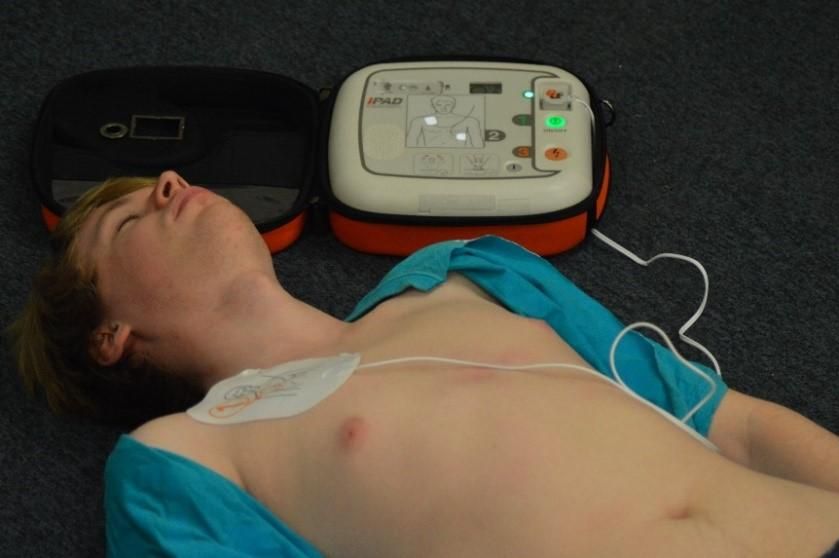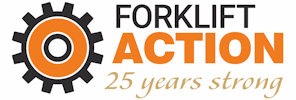A life-saving device that every company needs

5,000 people suffer a sudden cardiac arrest out of hospital very month – it could be one of your employees next. Have you got a life-saving defibrillator?
As companies address new demands on their Health & Safety procedures to combat the national pandemic of Coronavirus, one vital area should not be overlooked - the provision and maintenance of life-saving defibrillators. With over 5,000 sudden cardiac arrests occurring every month out of hospital and numbers increasing due to rising stress levels, this area of corporate and social responsibility should not be overlooked.
Your employees are worth more to you alive and well
Apart from the tragedy of a colleague dying from an untreated sudden cardiac arrest, there can be considerable costs to a business. These will include recruitment and loss of productivity whilst a new employee becomes an effective part of the workforce. Other important issues, such as the emotional effect upon colleagues should not be underestimated, especially in smaller companies where employees often work as closely knit teams.
There are no warning signs of a sudden cardiac arrest.
|
Defibrillators are designed to be used by anyone – no special training is required. The unit shown is the award-wining iPAD SP1, a nominated device of the British Heart Foundation (BHF) |
Why your business should have an automated external defibrillator (AED)
A sudden cardiac arrest can and does strike people of all ages with absolutely no history of heart problems and who have no known risk factors. To all appearances, they are often healthy and fit. Performing CPR alone is not enough to help save their life if they suffer a sudden cardiac arrest. A defibrillator, commonly known as an AED, needs to be used to restore a normal rhythm to the heart.
During this national crisis, demands upon ambulance services have escalated and vehicles are often taking considerably longer to arrive; and in the case of transporting patients with Coronavirus, ambulances must be deep cleaned before going out again.
The recommended response time for an NHS ambulance is 8 minutes but for every minute lost, the chance of a person surviving a sudden cardiac arrest survival drops by 10% without the use of a defibrillator.
Having a workplace defibrillator that is quickly accessible can mean the difference between life and death. If deployed within 3 minutes, a defibrillator can increase a person’s chance of survival by up to 70% .
This is one health and safety investment that really can save a life.
For information on the iPAD SP1 defibrillator, please see www.ipad-aed.com
)
)
)
)
)
)
)
)
)
)
)
)
)
)
)
)
)
)
)
)
)
)
)
)
)
)
)
)
)
)
)

)
)
)
)
)
)
)
)
)
)
)
)
)
)
)
)
)
)